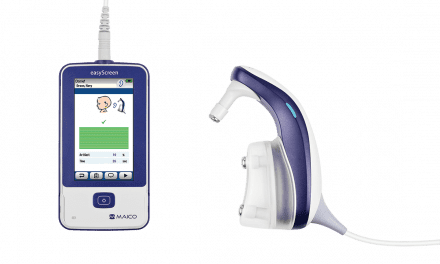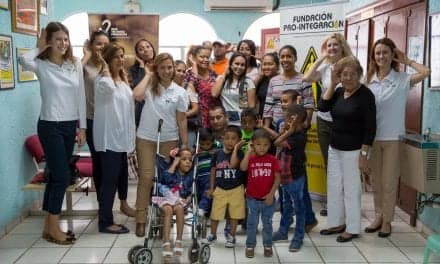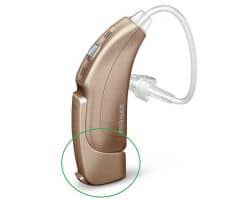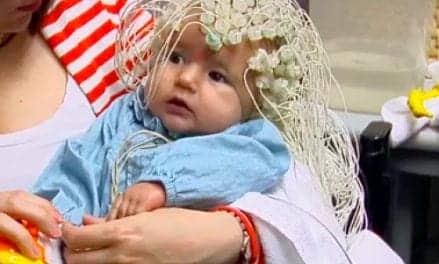Summary:
Children with developmental disabilities are significantly less likely to receive a gold-standard hearing assessment in their first three months of hearing care, highlighting disparities in healthcare access.
Key Takeaways:
- The study emphasizes the need for developmentally appropriate hearing assessment procedures to ensure equitable healthcare for all children.
- Children with developmental disabilities are nearly four times more likely to miss out on gold-standard hearing assessments compared to their peers.
- Barriers such as co-occurring health conditions and the need for sedation during tests contribute to this disparity.
Children with developmental disabilities—1 in 6 children in the United States—are less likely to access a gold-standard hearing assessment in the first three months of hearing care, a recent paper in the Journal of Autism and Developmental Disorders reported.
Children with developmental disabilities are nearly four times more likely to miss out on gold-standard hearing assessments compared to their peers.
Barriers such as co-occurring health conditions and the need for sedation during tests contribute to this disparity.
Many developmental disabilities, such as cerebral palsy, Down syndrome, autism, and intellectual disability co-occur with reduced hearing. This happens because there are overlapping causes and risk factors for the two conditions such as genetics, exposure to some viruses during pregnancy, prematurity, or requiring care in the NICU. It is important to have a timely diagnosis of reduced hearing and access to appropriate interventions to maximize developmental outcomes, reports Vanderbilt University Medical Center.
Further Reading: Pediatrics, the LMH Test, and Hearing Care in Hospice: An Interview with Jane Madell, PhD
However, children with developmental disabilities can experience a variety of barriers in accessing high-quality healthcare. The recent study quantifies the relative risk of children with developmental disabilities not obtaining a gold-standard hearing assessment during their first three months of hearing care.
Using electronic health records from the Audiological and Genetic Database, hearing assessments were reviewed from 131,783 children (0-18 years) at three hospitals in the United States from 2008 to 2018. The study found that children with developmental disabilities were nearly four times more likely not to access a gold-standard hearing assessment than children in the comparison group.
Further Reading: More Newborn Screening for Congenital CMV Needed
“There are likely multiple possible factors contributing to the disparities we observed. One factor we are particularly interested in is the misalignment among the developmental abilities, health profile of the child, and requirements of the hearing tests,” says first author Angela Bonino, PhD, assistant professor of Hearing and Speech Sciences at Vanderbilt School of Medicine.
According to Bonino, the common assumption in the field is that if behavioral testing results are not obtained, hearing will be measured with an ABR test instead—but the study data do not support this.
“There are a variety of reasons this may be happening, but one consideration is that children with developmental disabilities often have co-occurring health conditions that pose extra risk when using sedation. But because the ABR requires that a child be quiet during testing, sedation is often required after about 6 months of age when natural sleep is less likely,” she says.
“This work is important for ensuring that all children, not just those who are typically developing, are afforded high-quality hearing care,” says Anne Marie Tharpe, PhD, chair of the Department of Hearing and Speech Sciences at Vanderbilt School of Medicine. “Approximately 30%-40% of children with permanent hearing loss have additional disabilities. Thus, having developmentally appropriate procedures to test their hearing is crucial to their care and outcomes.”
The study findings outline a need for establishing hearing assessment testing methods and hearing assessment guidelines for children with developmental disabilities to offset adverse consequences on development.
“When children seek hearing healthcare, they should be able to access a hearing evaluation that will accurately and quickly determine their hearing status regardless of their age, developmental abilities or medical profile,” says Bonino.
Featured image: Dreamstime





